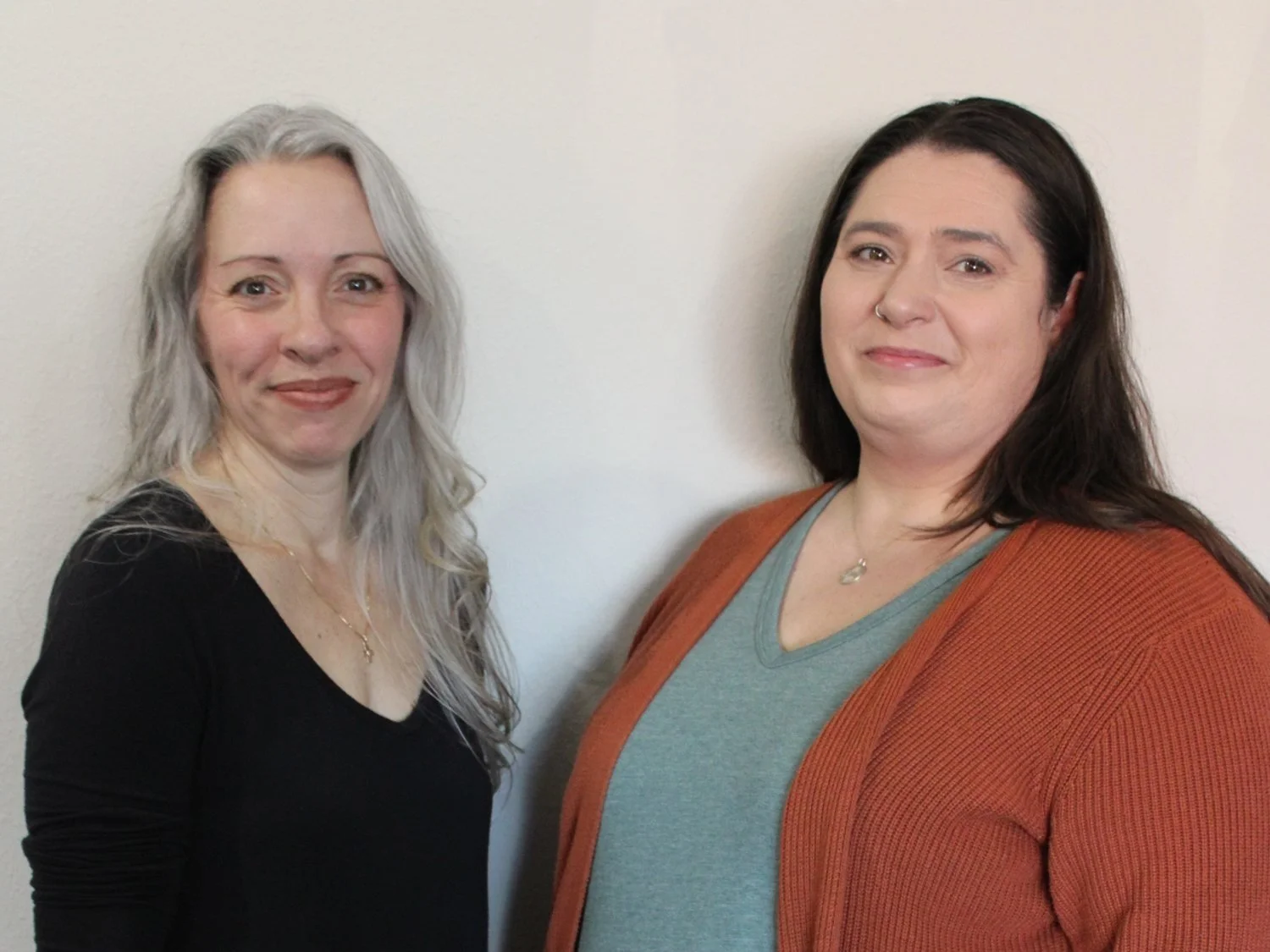Behavioral Health
As a parent, it can be challenging to see your child struggle with unwanted or problematic behaviors. But there is hope. Behavior therapy can help your child develop positive behaviors and reduce or eliminate those that are causing them distress. For common childhood conditions like ADHD, anxiety, depression, and behavior disorders, behavior therapy and cognitive-behavior therapy approaches are effective in reducing symptoms.
It’s important to note, however, that there is limited information on which type of therapy is best suited for treating specific childhood mental disorders. But what we do know is that behavioral therapy can help children gain control over self-defeating thoughts and become less impulsive and defiant, leading to fewer tantrums. It can also enhance their problem-solving abilities, coping mechanisms, self-control, self-image, and overall mental health.
As a parent, you play a crucial role in your child’s therapy. Young children often lack the motivation to change their behavior on their own, so your involvement throughout the counseling process is essential. It takes time and effort to change behavior, and your child will need your support along the way. Just remember, changing behavior is a process, and it’s okay if it takes time. Your dedication and commitment to helping your child develop positive behaviors will pay off in the long run.
What Areas Do Behavioral Health Professionals Address?
Pediatric behavioral health specialists, such as Licensed Professional Counselors (LPCs) and Psychologists, address a variety of emotional, behavioral, and mental health concerns in children and adolescents. Their work supports emotional regulation, coping skills, behavior management, and overall mental well-being.
Key areas they address include:
1. Emotional & Mood Disorders
Anxiety disorders (generalized anxiety, social anxiety, separation anxiety, phobias)
Depressive disorders (major depression, persistent depressive disorder)
Mood regulation (helping children cope with big emotions, mood swings)
2. Behavioral Challenges & Self-Regulation
Oppositional Defiant Disorder (ODD) (frequent anger, defiance, and rule-breaking)
Attention-Deficit/Hyperactivity Disorder (ADHD) (impulsivity, inattention, hyperactivity)
Tantrums, aggression, and difficulty following rules
3. Trauma, Stress, & Adjustment Difficulties
Post-Traumatic Stress Disorder (PTSD) and trauma-related symptoms
Grief and loss counseling (helping children process the death of a loved one)
Life transitions (divorce, moving, school changes, adoption, foster care)
4. Social & Interpersonal Skills
Developing friendship skills, empathy, conflict resolution
Bullying (helping victims and those engaging in bullying behavior)
Supporting children with autism spectrum disorder (ASD) or social communication challenges
5. Family & Parent Coaching
Parenting strategies for managing challenging behaviors
Strengthening parent-child relationships and attachment
Family counseling to improve communication and family dynamics
6. Self-Esteem & Identity Development
Helping children build confidence, self-awareness, and self-acceptance
Supporting body image and healthy self-concept
7. Academic & School-Related Concerns
School refusal, test anxiety, and academic stress
Supporting children with learning disabilities, ADHD, and executive functioning challenges
8. Behavioral Therapy & Coping Strategies
Cognitive Behavioral Therapy (CBT): Managing negative thoughts and developing coping skills
Dialectical Behavior Therapy (DBT): Emotion regulation and distress tolerance
Play Therapy: Expressing emotions through play, often used for young children


